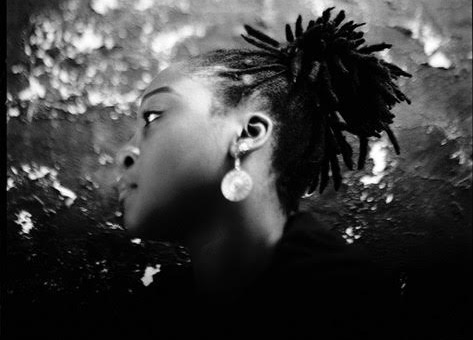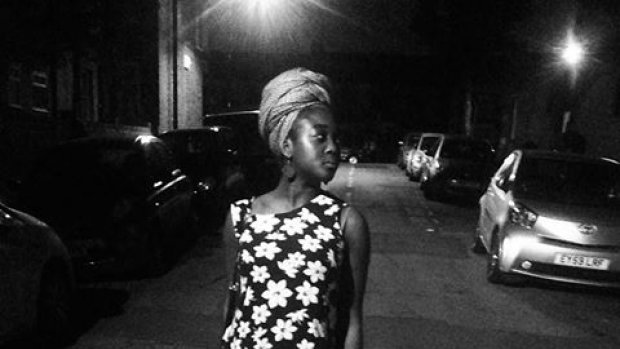
As part of our #afemalecomposerday campaign marking International Women's Day, we highlight the life and work of composer Cassie Kinoshi.
Cassie Kinoshi- "I think it’s crucial to support aspiring female composers who are younger than me and show them that pursuing a career in this field is doable and valid."
Composer, arranger and alto saxophonist, Cassie Kinoshi is known for her work with jazz septet NÉRIJA, Afrobeat band KOKOROKO, and her own large ensemble SEED. Cassie spoke with us about her career as a composer, and how music became a form of communication for her. Read more about what she had to say here:
What was your route into composing?
I have always enjoyed creating worlds through music. Growing up, I was quite shy and turned to creative outlets to express myself – music is one of my favourite ways to communicate and share my imagination. How music can influence the way an individual feels and thinks or completely alter the atmosphere in a room whilst transporting the audience somewhere else has forever been a fascination of mine.
I grew up in a household full of all kinds of music and was encouraged to play instruments from a young age. I eventually fell in love with composition because of my obsession with orchestral film and video-game scores by composers like Joe Hisaishi, Leonard Bernstein, Danny Elfman and Abel Korzeniowksi. After finding out that I could study composition at conservatoire, I was introduced to a new world of music which further encouraged my love for composing and gave me the skillset necessary to clearly communicate my ideas with ensembles.
Where do you get your inspiration from?
I draw inspiration from various sources; an emotion, political issues, a piece of artwork, an experience, a story I have read, a random coming together of sound or rhythm on my way to work, or food I love. I enjoy writing about anything and find inspiration can come from anywhere. A lot of my ideas for pieces are awkwardly sung into my phone whilst walking down the street or bellowed whilst in the shower.
Do you think the word composer adequately reflects you an artist? If not, what word does?
I think that the word composer does encompass who I am as an artist whether referring to what I have written on paper or what I have improvised as a saxophonist. I firmly believe that improvisation is a form of composition. One of my favourite quotes I feel describes what I try to achieve as a “composer” is from Leonard Bernstein’s book The Infinite Variety of Music:
“It turns out, after all, that the realm of music is an infinity into which the composer’s mind goes wandering, looking for his material, his way of selecting and shaping it. And that’s the most important component of all – the individual composer, the mind and heart with something to say, something to communicate through this vast mathematical language.”
Tell us a bit about your experiences as a female composer; have you faced any challenges?
There will always be people who expect less from you or expect your music to sound a certain way because of your gender and/or background. There are also individuals who will only offer certain levels of support because of your aesthetic – women are often judged by appearance first and that can unfortunately mean that sometimes your skillset is initially secondary until you’ve “proven yourself.”
That said, I’ve been quite fortunate to be surrounded by a primarily supportive and open-minded network of composers, musicians, promoters and companies.
In your opinion, what does it mean to be a woman composer today?
Being a female composer today means that we are (still) often viewed as a rarity in almost every genre. However, there are examples of female composers dating back hundreds of years who are not celebrated or given the attention and respect they deserve. We have always existed!
Whilst putting the music before anything else is the most important thing, I also think it’s crucial to support aspiring female composers who are younger than me and show them that pursuing a career in this field is doable and valid. Representation is important and should start in school where people are usually first exposed to music education opportunities. Overall, I look forward to the day where skillset and hard work is solely valued before the gender, race or background of the composer in question.
Cassie Kinoshi's British Music Collection profile can be found online here.
Upper photo credits: Adama Jalloh
